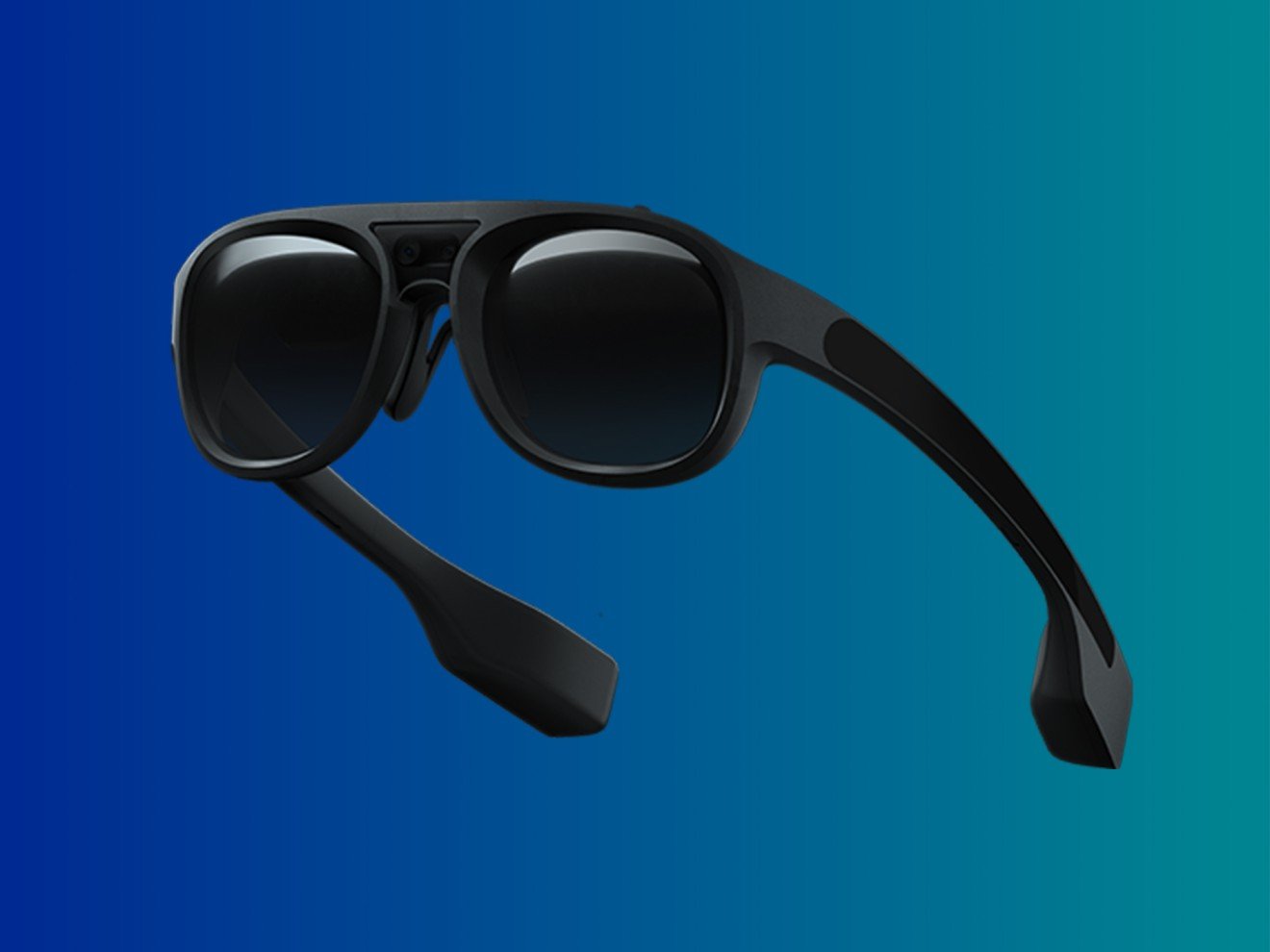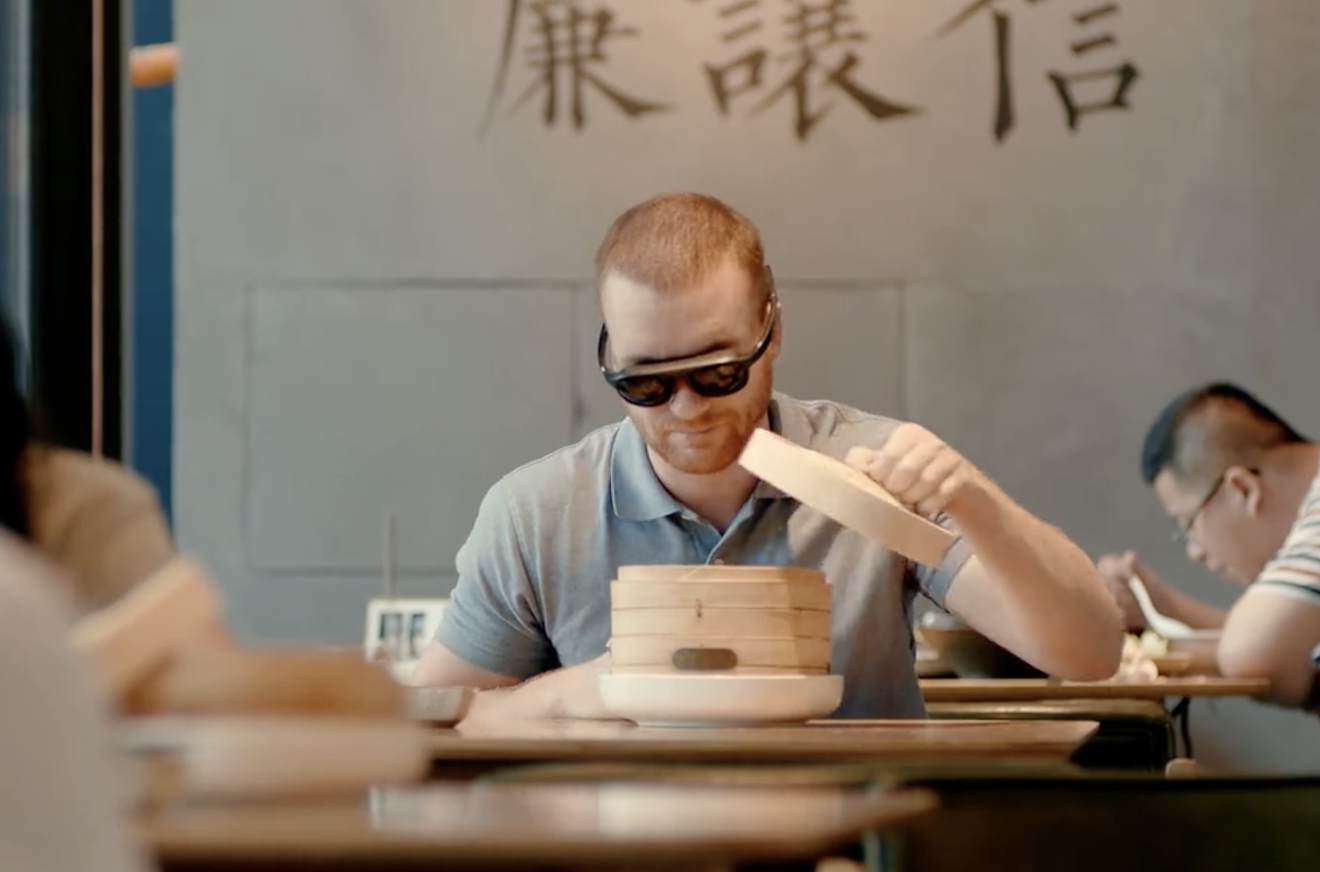
Rokid promises to mass produce AR glasses
The Rokid Glass is less bulky than most AR glasses, but nobody knows how well it’ll work

AR glasses, which aim to layer digital information on top of your view of the real world, have struggled to take off because right now they’re bulky, limited and expensive.

The company told us that they won’t pull data from social networks for privacy reasons… unless users opt in. But they did add that facial recognition would be an ideal feature for big companies, or at a conference to recognize attendees.
Also coming to the new version of the glasses is object recognition, which is supposed to give users a “more compelling and immersive shopping experience”.

Rokid boasts that their new glasses are “the world’s most wearable pair of standalone AR glasses,” and will weigh only 120 grams -- just a quarter of what Microsoft’s HoloLens weighs. But judging from pictures, the glasses still look quite thick... and remember, a normal pair of glasses should weigh less than 50 grams.
The device will run on Android 7.0 with 4GB memory and 64GB storage, and will replace the earlier prototype’s plastic frame with an alloy frame for better cooling.
Rokid didn’t announce a price for the glasses at its launch event, where it also released a portable smart speaker and an AI chip, but the company told us that the Rokid Glass will cost roughly the same as a flagship cellphone. They also said that it will be launched in the US at the end of 2018, first to its enterprise partners, then to consumers.
NetEase is creating an AR adaptation of the epic EVE Online
For more insights into China tech, sign up for our tech newsletters, subscribe to our Inside China Tech podcast, and download the comprehensive 2019 China Internet Report. Also roam China Tech City, an award-winning interactive digital map at our sister site Abacus.
For more insights into China tech, sign up for our tech newsletters, subscribe to our Inside China Tech podcast, and download the comprehensive 2019 China Internet Report. Also roam China Tech City, an award-winning interactive digital map at our sister site Abacus.

